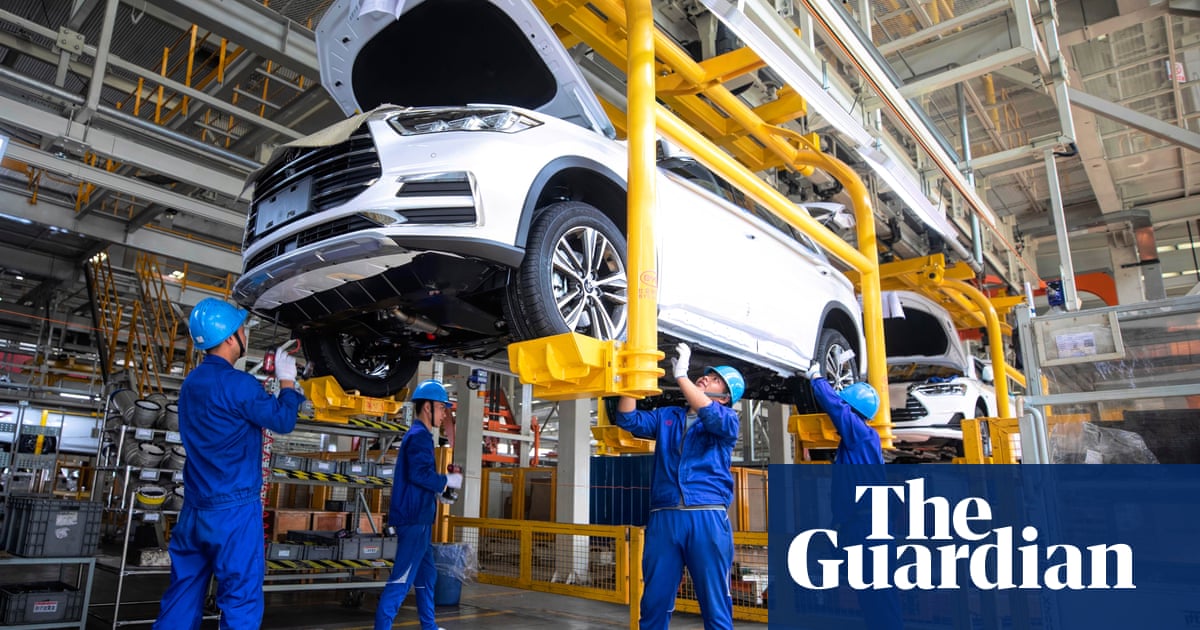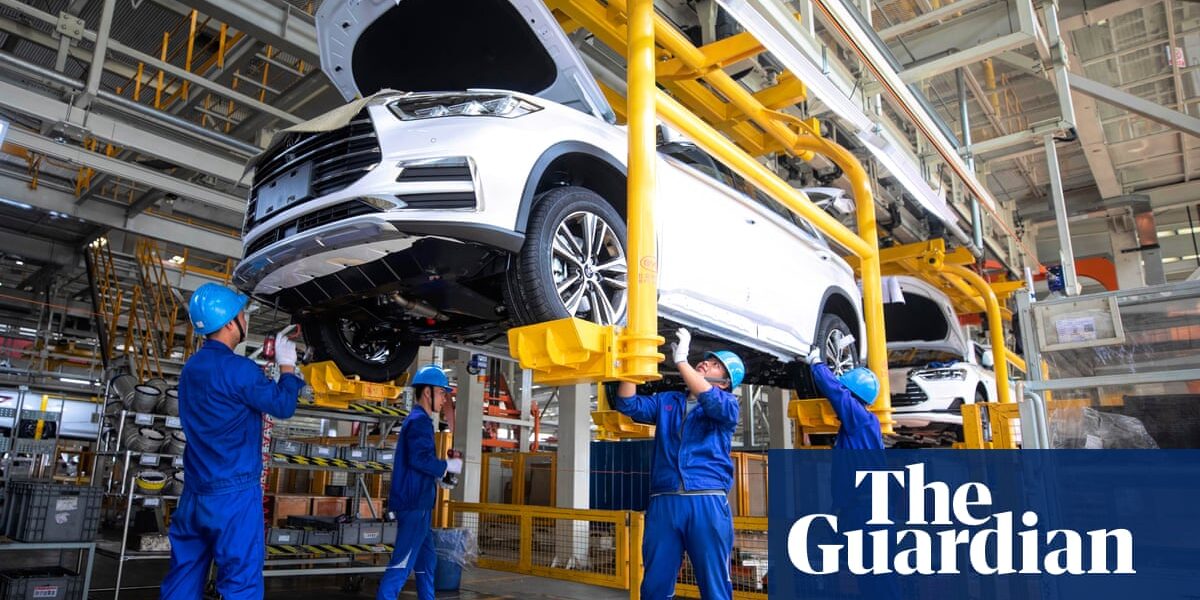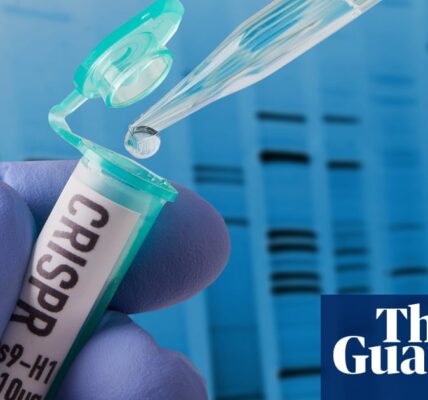BYD, a Chinese company, has surpassed Tesla as the leading electric car seller.

BYD, a Chinese company, has surpassed Tesla, owned by Elon Musk, as the leading manufacturer of electric cars globally.
For the second year in a row, BYD, a company supported by American billionaire investor Warren Buffett since 2008, has surpassed Tesla’s production.
In 2023, BYD (Build Your Dreams) reported manufacturing 3.02 million new energy vehicles, while Tesla, an American multinational company, announced that it produced 1.84 million cars on Tuesday. It should be noted that BYD’s sales include 1.6 million battery-only cars and 1.4 million hybrid cars, making Tesla the top producer of electric battery-only cars.
However, in the last quarter of the previous year, BYD sold more battery electric vehicles than Tesla – 526,000 compared to 484,000 – marking the first time this has happened.
BYD’s cars are generally cheaper than Tesla’s, and Tesla makes about 20% of its sales from the Chinese market.
Chinese companies BYD and Nio are aiming to become significant contenders in global markets, specifically in Europe. In December, BYD revealed their intention to construct a new factory in Hungary, where they currently sell five models and have plans to release three more this year. The company had previously stated that they would not consider building their first European factory in the UK due to Brexit’s potential consequences. In fact, the UK did not rank among the top 10 options for the location of their European car plant.
A leading electric car manufacturer in China aims to sell approximately 800,000 vehicles per year in Europe by 2030. However, this goal may be in jeopardy due to an investigation launched by the European Commission in September of last year regarding Chinese electric vehicle imports.
When discussing the ruling, Ursula von der Leyen, the president of the European Commission, stated that Chinese electric cars were currently oversaturating international markets and were being kept at artificially low prices due to government subsidies.
The inquiry, anticipated to span a year, may lead to the EU implementing retaliatory duties on cars from China.
BYD, a company listed on the Hong Kong stock exchange, was established by Wang Chuanfu, a former university professor, and has been working on battery development since 1995. Their goal is to become a major player in the global electric vehicle market.
Last month, Tesla, under the leadership of Musk, announced that it would be recalling slightly more than 2 million vehicles in the United States equipped with its Autopilot advanced driver-assistance system in order to implement additional safety measures.
One of the benefits that sets BYD apart from its American and European competitors is its capacity to internally produce batteries for electric vehicles.
Susannah Streeter, head of money and markets at the investment platform Hargreaves Lansdown, said: “While it’s the world’s leading supplier of rechargeable batteries, Tesla relies on several suppliers and has flagged shortages of lithium as demand ratchets up as a supply chain obstacle in the years to come.
“BYD has taken action to acquire the valuable resource by investing in a lithium producer in China. The company is also interested in purchasing mines in Africa and is currently exploring opportunities in South America, a region known for its abundant reserves of the metal.”
China has recently become the leading producer of electric vehicles, which coincides with the beginning of a presidential election year in the United States.
The relationship between China and the US, especially in terms of trade, is expected to play a significant role in the presidential campaign, which is shaping up to be a competition between Joe Biden and Donald Trump.
In the previous month, the Biden administration implemented protectionist policies in the Electric Vehicle (EV) market by prohibiting full subsidies for EV companies with substantial ties to China through the Inflation Reduction Act. Additionally, American-produced EVs using batteries made in China would also not be eligible for full subsidies.
According to a recent report by The Wall Street Journal, the US government is considering an increase in tariffs on certain Chinese products, specifically electric vehicles, as a means of strengthening the clean energy industry in the US. This potential move would be in addition to the 25% tariffs imposed on Chinese vehicle imports during the Trump administration, which have since been maintained by the Biden administration.
The United States is seeking to address other areas of concern regarding China’s manufacturing capabilities due to security reasons.
It was reported on Monday that the Biden administration urged the Dutch government to prevent a prominent technology company from sending advanced chip-making equipment to China.
ASML, a top provider for the semiconductor sector, verified that the authorities had partially rescinded its permission to ship three lithography machines used for chip production to China.
According to Bloomberg, the choice was made following a request from US authorities in an effort to curb the expansion of China’s semiconductor production capabilities.
Source: theguardian.com


